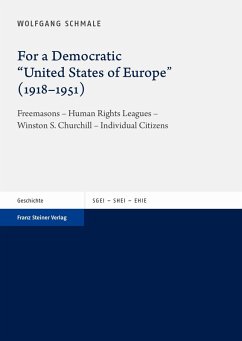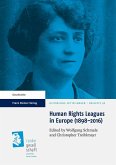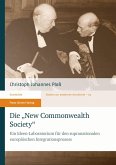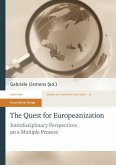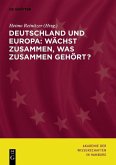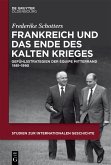The idea of a 'United States of Europe' was revived during the European Parliament elections in May 2019. However, the idea dates back to the early 19th century while being particularly popular in the first half of the 20th century. It focused on how European integration is related to democracy and human rights. The main player was civil society, including, in the inter-war period, the interconnected human rights leagues and Masons. The resistance in World War II carried the idea forward. It reached its peak popularity between 1946 and 1951, when Winston Churchill pleaded in favour of a 'United States of Europe'. This caused many people to write to him and those letters provide insights into the concept of a European unity from an individual point of view. This e-book is based on the analysis of extensive archive material of Masons, human rights leagues and those letters to Churchill. It enhances critical research on the idea of Europe and its civil society base. It also takes a fresh look at Masons, human rights leagues and at the interconnections between the notions of Europe and civilization. Wolfgang Schmale war Professor für Geschichte der Neuzeit an der Universität Wien. Er ist Mitglied der Academia Europaea und der European Academy of Sciences and Arts. Zu seinen Forschungsgebieten zählen u.a. die Geschichte Europas, die Aufklärung, Menschenrechte und Demokratie sowie das Digitalzeitalter.
Dieser Download kann aus rechtlichen Gründen nur mit Rechnungsadresse in A, B, BG, CY, CZ, D, DK, EW, E, FIN, F, GR, HR, H, IRL, I, LT, L, LR, M, NL, PL, P, R, S, SLO, SK ausgeliefert werden.

